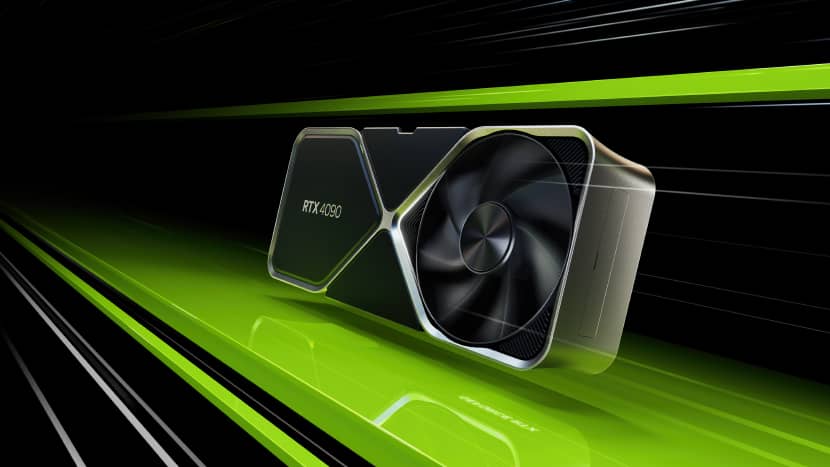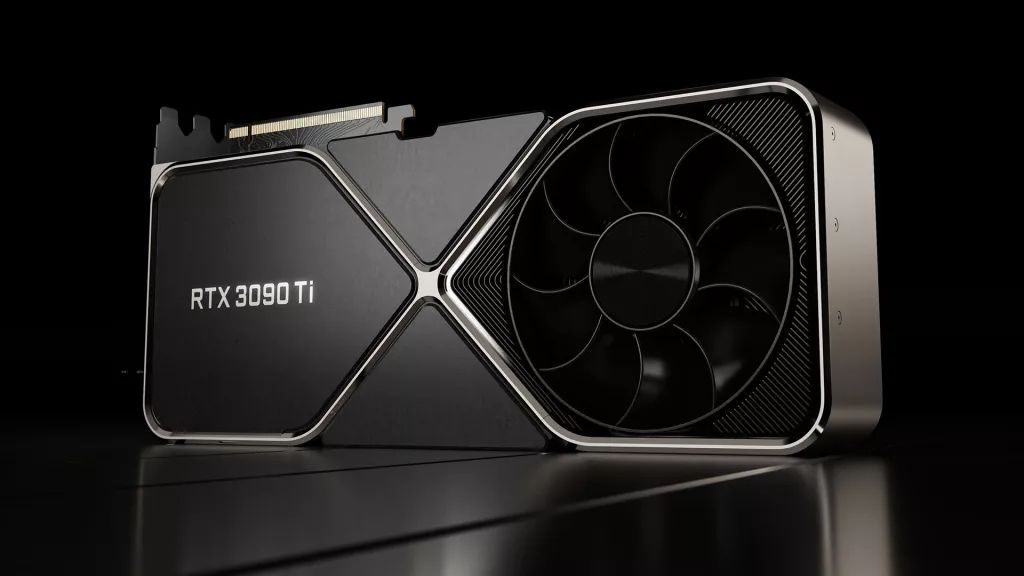A Graphics Processing Unit (GPU) is a specialized electronic circuit designed to accelerate computer graphics and handle complex mathematical calculations at incredible speeds. Unlike a traditional CPU that processes tasks sequentially, a GPU excels at parallel processing, making it capable of performing thousands of calculations simultaneously. This fundamental difference in architecture makes GPUs particularly powerful for tasks that require processing large amounts of data quickly, such as rendering high-resolution graphics, running machine learning algorithms, and mining cryptocurrency.
Originally developed in the 1990s to offload graphics-intensive tasks from CPUs, GPUs have evolved far beyond their initial purpose. Modern GPUs serve as the backbone of visual computing, enabling everything from stunning video game graphics to professional 3D rendering and scientific simulations. The parallel processing capabilities that make GPUs excellent for graphics also make them invaluable for artificial intelligence applications, where they can train neural networks exponentially faster than traditional processors.
For gamers, the GPU represents the single most critical component determining visual performance and gaming experience. While CPUs handle game logic, physics calculations, and system management, GPUs are responsible for rendering every pixel you see on screen. A powerful GPU can transform a mediocre gaming experience into an immersive visual spectacle, delivering smooth frame rates, realistic lighting effects, and stunning visual fidelity that brings virtual worlds to life.
The importance of GPUs in gaming cannot be overstated. They determine whether you can play the latest AAA titles at maximum settings, enjoy smooth 4K gaming, or experience cutting-edge technologies like ray tracing and virtual reality. As game developers continue pushing the boundaries of visual realism, having a capable GPU ensures your gaming setup remains future-proof and can handle upcoming titles with demanding graphics requirements.
Why GPUs Matter for Gaming Performance

Graphics Rendering and Visual Quality
GPUs excel at rendering complex graphics by handling multiple visual elements simultaneously. They manage dynamic lighting, realistic shadows, particle effects, and high-resolution textures that create immersive gaming environments. Modern GPUs support advanced features like ray tracing, which simulates realistic light behavior to produce stunning reflections and shadows that dramatically enhance visual realism.
Frame Rate and Smooth Gameplay
Higher frame rates translate directly to smoother gameplay experiences. A powerful GPU maintains consistent frame rates even during demanding gaming scenarios, reducing motion blur and providing more responsive controls. This becomes particularly important in competitive gaming where split-second reactions can determine victory or defeat.
Resolution and Future-Proofing
Today’s gamers demand high-resolution displays, with many preferring 1440p or 4K gaming experiences. GPUs must handle these increased pixel counts without sacrificing performance. Investing in a robust GPU ensures your gaming setup can handle future titles and emerging technologies like virtual reality gaming.
GPU Technologies Transforming Gaming
Deep Learning Super Sampling (DLSS)
Modern GPUs incorporate AI-powered upscaling technologies that boost performance while maintaining visual quality. DLSS uses machine learning to render games at lower resolutions then intelligently upscale them, delivering higher frame rates without compromising image quality.
Virtual and Augmented Reality Support
VR and AR gaming require enormous computational power since GPUs must render separate images for each eye while maintaining high frame rates. Advanced GPUs provide the processing power necessary for smooth, immersive VR experiences.




